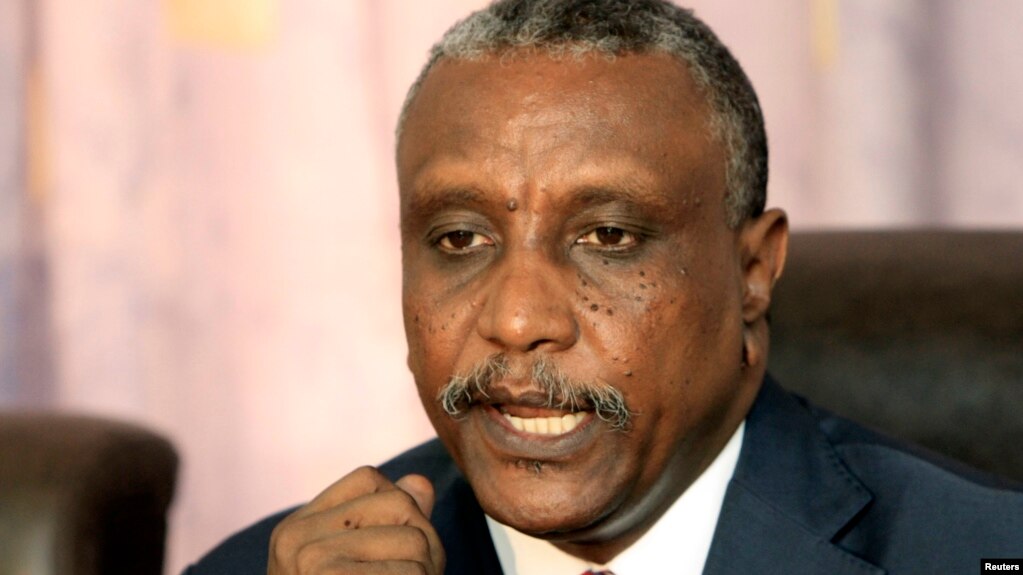Within the multi-purpose partnership between the United States of America and the Kingdom of Saudi Arabia, and through an initiative by Saudi Crown Prince Mohammed bin Salman, U.S. President Donald Trump has taken up the Sudan peace file and announced that it is among his priorities. This represents a qualitative development that places the issue of peace in Sudan on the White House agenda, strengthening the efforts of the U.S. State Department and the Special Envoy, and giving strong momentum toward achieving a humanitarian ceasefire. This is an achievement worthy of welcome and appreciation from all Sudanese men and women who are concerned about ending the war.
Jeddah II: The Closest Track to Achieving a Truce
In the first Jeddah talks, Saudi Arabia and the United States made intensive attempts to reach a humanitarian truce and achieved some progress, though not enough. Today, it is possible to immediately call for an urgent meeting in Jeddah to implement a humanitarian ceasefire, with the participation of the Quad countries, as part of the previously announced framework, without losing the current momentum.
The Quad Declaration Is the Basis for a Solution
The Quad Declaration received wide popular approval in Sudan because it responded to the demands of the majority of Sudanese people. It set out principles that address the roots of the crisis by linking the cessation and end of the war into a single package. Adopting it as a declaration of principles forms the foundation for sustainable peace. Lasting peace in Sudan cannot be achieved through deals or temporary solutions that reproduce the crisis or reward the warring parties, especially the Sudanese Islamic Movement, which hijacked the state and threatened regional and international stability.
Where Are the Civilian Forces?
Sudan’s war was driven by the Islamists and the actors behind the October 25 coup, seeking power and resources. It is a war against the will of the people who led the December Revolution. Any peace agreement that is not supported by broad popular will, aspiring to freedom, peace, and justice, will be fragile and unsustainable. It is worth noting that President Trump, in his first administration, was familiar with the Sudan file; he removed Sudan from the list of State Sponsors of Terrorism, and his Secretary of State visited Khartoum and met with the Prime Minister of the civilian transitional government.
Saudi, Egyptian, and Emirati Unity Is Essential
President Trump’s assumption of the Sudan peace file, at the initiative of the Saudi Crown Prince, should reinforce the Quad’s initiative, particularly the relationships among Saudi Arabia, Egypt, and the United Arab Emirates, which all play important and distinct roles in achieving peace. Success in the Saudi initiative on Sudan requires productive, objective, and transparent dialogue among the three countries to help end the war and alleviate Sudanese suffering, while responding to the interests of the Sudanese people and preserving the country’s unity and sovereignty. It is also important to incorporate the roles of Qatar and Turkey.
What Is the Connection Between the Two Quads?
Alongside the Washington Quad, the African Union Quad, which includes IGAD, the United Nations, and the Arab League, has also been formed. It is an important group that receives support from the European Union and the United Kingdom. These organizations and countries all matter, and coordination between the two Quads is necessary, taking into account Sudan’s African dimension as well as its Arab one. Efforts to rehabilitate and rebuild Sudan require mobilizing all regional and international relationships, including those with countries such as China and Russia.
What Links the Humanitarian, Political, and Military Tracks?
So far, there is no connection between the humanitarian process led by the Washington and Jeddah tracks, the political process led by the African Union and Cairo, and the security arrangements between the warring parties. All of these are occurring in one country and in one war. Therefore, these tracks must be integrated into a comprehensive framework, a unified roadmap, and a just and lasting peace.
What was achieved in Washington requires high-level coordination between the Quad countries, consensus among its members, and consultation with the AU Quad, the European Union, and the United Kingdom. Responding to urgent humanitarian needs requires an immediate meeting in Jeddah. A unique and unprecedented opportunity has emerged: Saudi Arabia has clear influence over the army, and to a certain extent over the Rapid Support Forces, and this influence becomes complete through consensus among the Quad countries. This was evident in the swift welcome issued by the army leadership. What remains is coordination among the Quad parties – especially since the U.S. President maintains close relations with all of them – enhancing the chances of reaching the humanitarian truce that the Sudanese people await with deep hope and impatience.
November 20, 2025
The writer is the chairperson of the SPLM/Revolutionary Current in Sudan and can be reached via Armanarman.yasir@gmail.com.
The views expressed in ‘opinion’ articles published by Radio Tamazuj are solely those of the writer. The veracity of any claims made is the responsibility of the author, not Radio Tamazuj.




